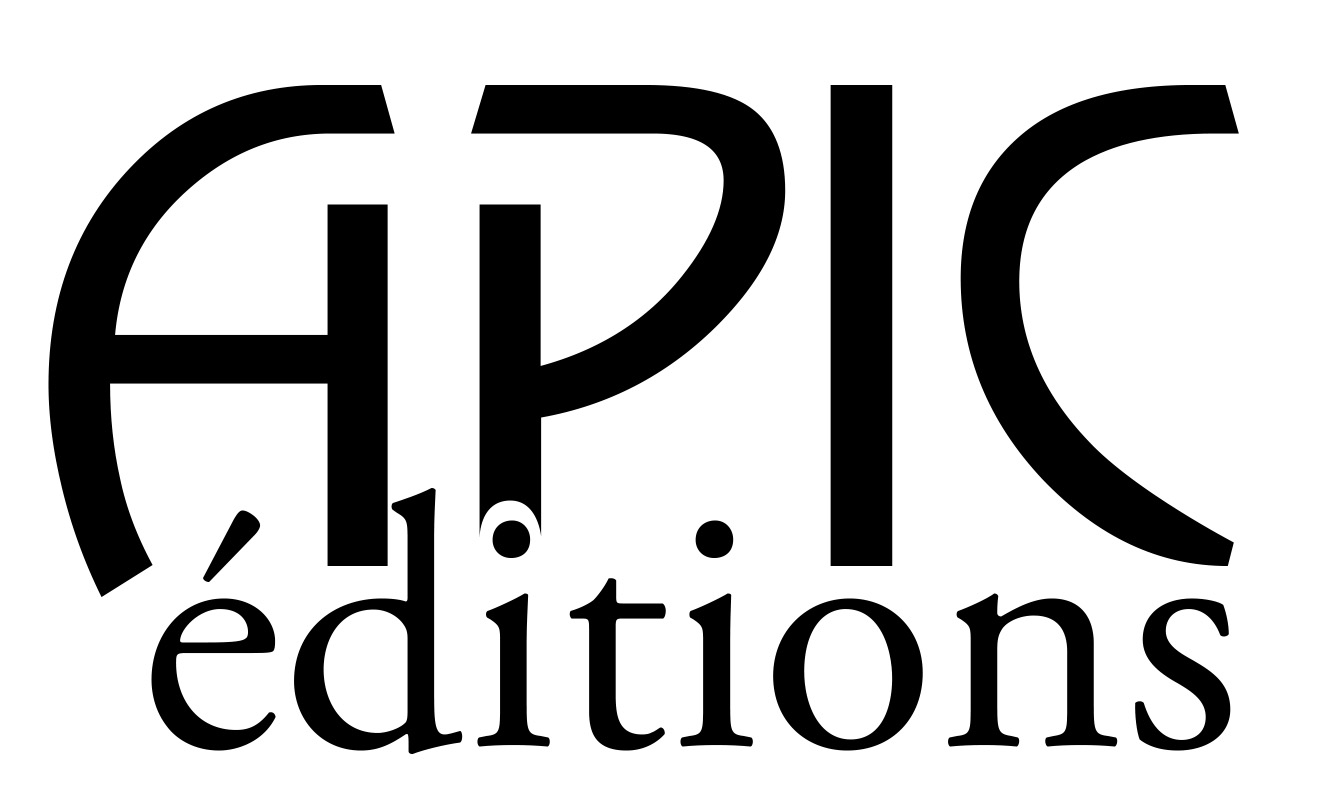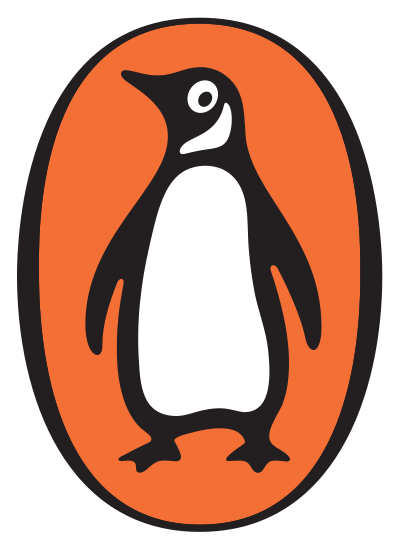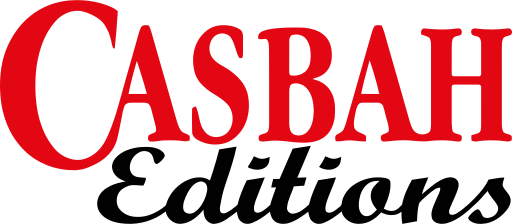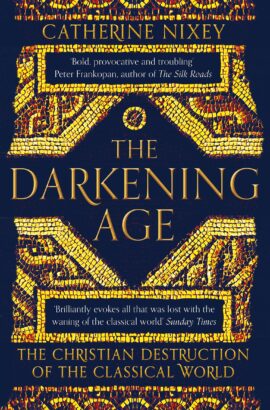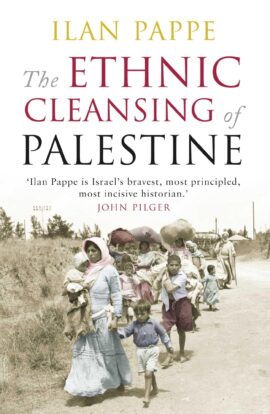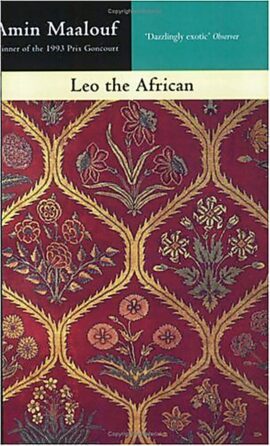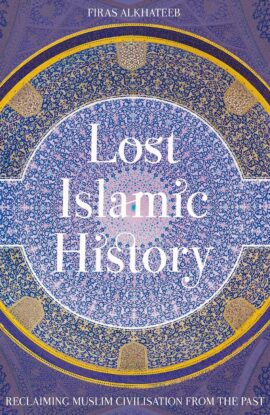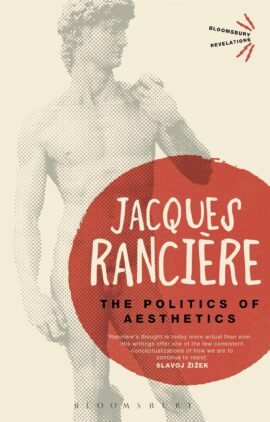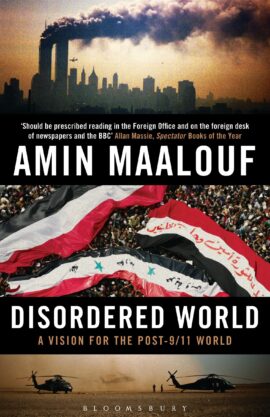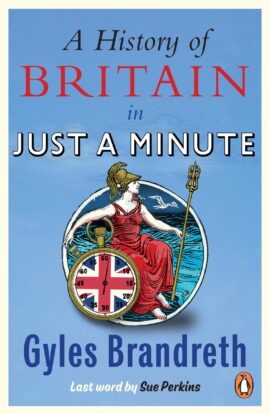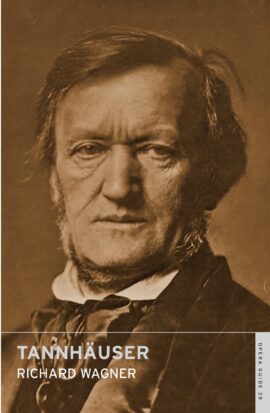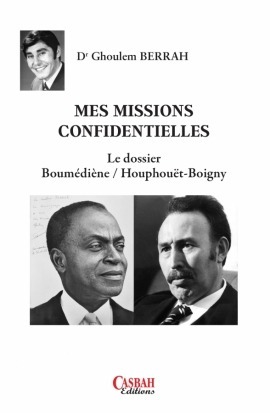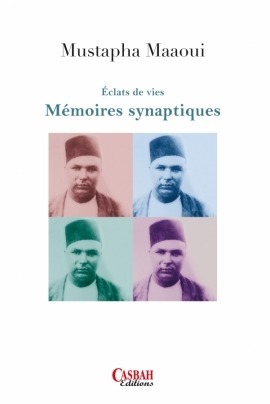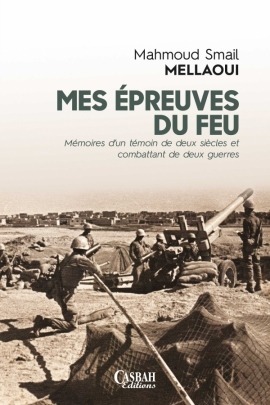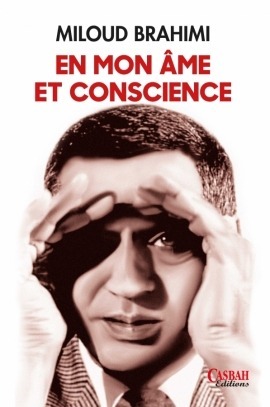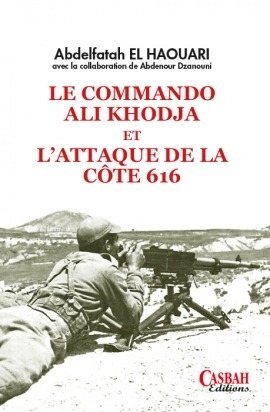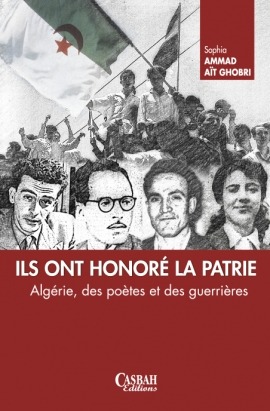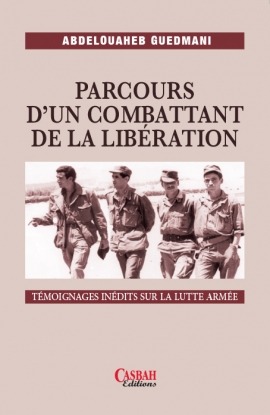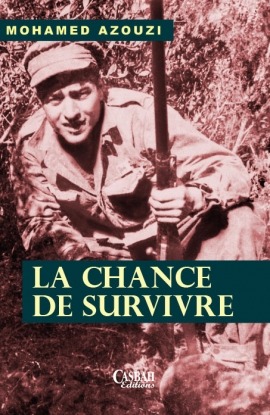Affichage de 101–125 sur 257 résultatsTrié par popularité
A Pelican Book: Islam: The Essentials
The essential introduction to Islam by a leading expert Hardly a day goes by without mention of Islam. And yet, for most people, and in much of the world, Islam remains a little-known religion. Whether the issue is violence, terrorism, women's rights or slavery, Muslims are today expected to provide answers and to justify what Islam is - or is not. But little opportunity exists, either in the media or in society as a whole, to describe Islam: precisely the question this short and extremely accessible book sets out to answer. In simple, direct language it will introduce readers to Islam, to its spirituality, its principles, its rituals, its diversity and its evolution.
The Darkening Age: The Christian Destruction of the Classical World
In The Darkening Age, Catherine Nixey tells the little-known - and deeply shocking - story of how a militant religion deliberately tried to extinguish the teachings of the Classical world, ushering in unquestioning adherence to the 'one true faith'.The Roman Empire had been generous in embracing and absorbing new creeds. But with the coming of Christianity, everything changed. This new faith, despite preaching peace, was violent, ruthless and intolerant. And once it became the religion of empire, its zealous adherents set about the destruction of the old gods. Their altars were upturned, their temples demolished and their statues hacked to pieces. Books, including great works of philosophy and science, were consigned to the pyre. It was an annihilation.A Book of the Year in the Daily Telegraph, the Spectator, the Observer, and BBC History MagazineA New York Times Book Review Editors' ChoiceWinner of the Royal Society of Literature Jerwood Award for Nonfiction
The Ethnic Cleansing of Palestine
The book that is providing a storm of controversy, from ‘Israel’s bravest historian’ (John Pilger)Renowned Israeli historian, Ilan Pappe's groundbreaking work on the formation of the State of Israel.'Along with the late Edward Said, Ilan Pappe is the most eloquent writer of Palestinian history.' NEW STATESMANBetween 1947 and 1949, over 400 Palestinian villages were deliberately destroyed, civilians were massacred and around a million men, women, and children were expelled from their homes at gunpoint.Denied for almost six decades, had it happened today it could only have been called 'ethnic cleansing'. Decisively debunking the myth that the Palestinian population left of their own accord in the course of this war, Ilan Pappe offers impressive archival evidence to demonstrate that, from its very inception, a central plank in Israel’s founding ideology was the forcible removal of the indigenous population. Indispensable for anyone interested in the current crisis in the Middle East.***'Ilan Pappe is Israel's bravest, most principled, most incisive historian.' JOHN PILGER'Pappe has opened up an important new line of inquiry into the vast and fateful subject of the Palestinian refugees. His book is rewarding in other ways. It has at times an elegiac, even sentimental, character, recalling the lost, obliterated life of the Palestinian Arabs and imagining or regretting what Pappe believes could have been a better land of Palestine.'TIMES LITERARY SUPPLEMENT'A major intervention in an argument that will, and must, continue. There's no hope of lasting Middle East peace while the ghosts of 1948 still walk.' INDEPENDENT
Dominion
Christianity is the most enduring and influential legacy of the ancient world, and its emergence the single most transformative development in Western history. Even the increasing number in the West today who have abandoned the faith of their forebears, and dismiss all religion as pointless superstition, remain recognisably its heirs. Seen close-up, the division between a sceptic and a believer may seem unbridgeable. Widen the focus, though, and Christianity's enduring impact upon the West can be seen in the emergence of much that has traditionally been cast as its nemesis: in science, in secularism, and yes, even in atheism.That is why Dominion will place the story of how we came to be what we are, and how we think the way that we do, in the broadest historical context. Ranging in time from the Persian invasion of Greece in 480 BC to the on-going migration crisis in Europe today, and from Nebuchadnezzar to the Beatles, it will explore just what it was that made Christianity so revolutionary and disruptive: how completely it came to saturate the mind-set of Latin Christendom: and why, in a West that has become increasingly doubtful of religion's claims, so many of its instincts remain irredeemably Christian. The aim is twofold: to make the reader appreciate just how novel and uncanny were Christian teachings when they first appeared in the world: and to make ourselves, and all that we take for granted, appear similarly strange in consequence. We stand at the end-point of an extraordinary transformation in the understanding of what it is to be human: one that can only be fully appreciated by tracing the arc of its parabola over millennia.
Leo the African
From his chlidhood in Fez, having fled the Christian Inquisition, through his many journeys to the East as an itinerant merhcant, Hasans story is a quixotic catalogue of pirates, slave girls and princesses, encompassing the complexities of a world in a state of religious flux. Hasan too is touched by the instability of the era, performing his hadj to Mecca, then converting to Christianity, only to relapse back to the Muslim faith later in life.In re-creating his extraordinary experiences, Amin Maalouf sketches an irrisistible portrait of the Mediterranea world as it was nearly five centuries ago - the fall of Granada, the Ottoman conquest of Egypt, Renaissance Rome under the Medicis: all contribute to a background of spectacular colour, matched only by the picaresque adventures of Hasan's life.
AFTER – saison 3 – [ after we fell ] (After, 3)
Le caractère ombrageux d'Hardin continue à lui jouer des tours, et il échappe de peu à l'expulsion de l'université. De son côté, Tessa retrouve son père par hasard au détour d'une rue. Hardin, toujours aussi ingérable, ne facilite pas cette entrevue inopinée. Tessa va devoir affronter la plus douloureuse des questions : Hardin pourra-t-il s'ouvrir un jour ?Un week-end chez le père d'Hardin est l'occasion rêvée pour se recentrer sur leur histoire. La rencontre de Riley et de Lillian va leur en apprendre bien plus que toutes leurs querelles. Pourtant, le départ pour Seattle approche... C'est le moment de prendre les bonnes décisions. Mais Hardin est-il seulement capable de mettre ses démons de côté pour suivre Tessa ? Le besoin passionné d'être ensemble sera-t-il plus fort que tous les obstacles ?
After Tome 2 – After We Collided (After, 2)
Après un début tumultueux, la relation de Tessa et Hardin semblait s arranger. Jusqu'au moment où Tessa découvre les secrets du passé d'Hardin, qui la bouleversent. Elle savait qu'il pouvait être cruel, mais à ce point... Est-il vraiment l'homme dont Tessa est tombée éperdument amoureuse, ou ment-il depuis le début ? Ce n'est pas si facile. Le souvenir de leurs nuits passionnées trouble son jugement. Tessa n'est pas sûre de supporter une autre promesse non tenue, mais elle a besoin de lui pour avancer. Hardin sait qu'il a fait une erreur, peut-être la plus grande de sa vie, et qu'il peut perdre Tessa. Il sait aussi qu il faut parfois se méfier de ses amis. Il veut se battre pour elle, mais pourra-t-il changer par amour ?Le deuxième tome d une série phénomène, véritable best-seller planétaire.
Algerian Sketches
In the late 1950s, like tens of thousands of young men of his generation, Pierre Bourdieu, having recently passed the agrégation in philosophy, found himself immersed in the Algerian war. Motivated by an impulse that, as he himself says, ‘was civic rather than political’, nothing seemed more important to him than to understand the Algerian situation and provide the elements that would enable others to come to an informed judgement about it.In extremely tough conditions and along with a small group of students, Bourdieu undertook a series of studies across an Algeria that was tightly patrolled by the army, leading him to discover the shocking reality of the resettlement camps and to analyse the mechanisms of destruction of Algerian society of which they were emblematic. To achieve the objectives he had set himself, Bourdieu had to carry out a genuine intellectual conversion, acquiring an ethnographic understanding of Algerian society, learning sociological analysis at a breakneck pace and inventing new instruments - both theoretical and empirical - that would enable him to understand the relations of domination specific to colonialism. These new tools also enabled him to analyse the nature of the crisis that the war had both produced and manifested.This unique volume brings together the first texts written by Bourdieu in the midst of the Algerian conflict, as well as later writings and interviews in which he returns to the topic of Algeria and the decisive role it played in the development of his work.
Burning the Books: RADIO 4 BOOK OF THE WEEK: A History of Knowledge Under Attack
An unforgettable 3,000-year-old journey - from Mesopotamian clay tablets trying to predict the future, to Tudor book-hunters and bonfires, and on into the dangers of our increasingly digital existence, Burning the Books shows how the preservation of knowledge is vital for the survival of civilization itself.'A wonderful book, full of good stories and burning with passion' SUNDAY TIMES, BOOKS OF THE YEAR'Compelling, fascinating and rewarding' LITERARY REVIEW'When books burn, it is more than just words under attack . . . this extraordinary book should stir us to thinking and to action' FINANCIAL TIMES'A tale of ingenuity and deep courage' GUARDIAN'A stark warning - the truth itself is under attack' THE TIMES, BOOKS OF THE YEAR
Ariel (Faber Poetry)
The poems in Sylvia Plath's Ariel, including many of her best-known such as 'Lady Lazarus', 'Daddy', 'Edge' and 'Paralytic', were all written between the publication in 1960 of Plath's first book, The Colossus, and her death in 1963.'If the poems are despairing, vengeful and destructive, they are at the same time tender, open to things, and also unusually clever, sardonic, hardminded . . . They are works of great artistic purity and, despite all the nihilism, great generosity . . . the book is a major literary event.' A. Alvarez in the Observer
Lost Islamic History: Reclaiming Muslim Civilisation from the Past
Islam has been one of the most powerful religious, social and political forces in history. Over the last 1400 years, from origins in Arabia, a succession of Muslim polities and later empires expanded to control territories and peoples that ultimately stretched from southern France to East Africa and South East Asia.Yet many of the contributions of Muslim thinkers, scientists and theologians, not to mention rulers, statesmen and soldiers, have been occluded. This book rescues from oblivion and neglect some of these personalities and institutions while offering the reader a new narrative of this lost Islamic history. The Umayyads, Abbasids, and Ottomans feature in the story, as do Muslim Spain, the savannah kingdoms of West Africa and the Mughal Empire, along with the later European colonization of Muslim lands and the development of modern nation-states in the Muslim world. Throughout, the impact of Islamic belief on scientific advancement, social structures, and cultural development is given due prominence, and the text is complemented by portraits of key personalities, inventions and little known historical nuggets. The history of Islam and of the world's Muslims brings together diverse peoples, geographies and states, all interwoven into one narrative that begins with Muhammad and continues to this day.
The Politics of Aesthetics (Bloomsbury Revelations)
The Politics of Aesthetics rethinks the relationship between art and politics, reclaiming "aesthetics" from the narrow confines it is often reduced to. Jacques Rancière reveals its intrinsic link to politics by analysing what they both have in common: the delimitation of the visible and the invisible, the audible and the inaudible, the thinkable and the unthinkable, the possible and the impossible. Presented as a set of inter-linked interviews, The Politics of Aesthetics provides the most comprehensive introduction to Rancière's work to date, ranging across the history of art and politics from the Greek polis to the aesthetic revolution of the modern age.Available now in the Bloomsbury Revelations series 10 years after its original publication, The Politics of Aesthetics includes an afterword by Slavoj Zizek, an interview for the English edition, a glossary of technical terms and an extensive bibliography.
Disordered World
In this brilliant exploration of the post-September 11, 2001 world, leading Lebanese novelist and intellectual Amin Maalouf sets out to understand the urgent challenges the world faces today. Instead of seeing the current disorder of the post-September 11, 2001 world as a 'clash of civilisations' Maalouf sees it as the 'exhaustion of two civilisations', a period in which humanity has reached its threshold of 'moral incompetence'.'Disordered World' is a plea by one of the major writers of our time for intelligence, tolerance and a sense of urgency in order that we develop a mature vision of our patrimony, our beliefs, our differences and the future of the planet which is our common home.
A History of Britain in Just a Minute
The story of us - without hesitation, repetition or deviation.Join national treasure and Just a Minute regular Gyles Brandreth on a hilariously addictive romp through British history. This isn't just another history book - there's a catch! From Stonehenge and Boudicca to Megxit and Brexit, each topic is written in 60-second installments, without hesitation, repetition, or deviation.A History of Britain in Just a Minute celebrates key moments, people and places from our past: kings and queens, heroes and villains, triumphs and disasters, inventions and events, battles and bonnets, art, science, literature, entertainment, sport, gossip, and more. Some entries are uninterrupted minutes, while others feature challenges for repetition and even, er...hesitation. You'll even find other Just a Minute panellists occasionally grabbing the pen to regale us with their witty takes on history.You've never heard the history of Britain told quite like this. You'll enjoy every uproarious minute of it.
Tannhäuser: (English National Opera Guide 39)
English National Opera Guides are ideal companions to the opera. They provide stimulating introductory articles together with the complete text of each opera in English and the original. What can explain Wagner's obsession with Tannhäuser,which he first conceived in 1845 and still considered unfinished at his death in 1883? Describing of the struggle of a man torn between erotic love and spiritual fulfilment,the opera contains the kernels of all his later works: man's need for love and artistic satisfaction,his desire for an existence beyond death,the operation of memory and the nature of madness. The essays in this volume examine the legends which Wagner chose to weave into his text,while Carolyn Abbate also considers the effect of his many revisions upon the score,pointing out that the initial idea already involved a contrast of musical language to focus the conflict.
Clap de fin Une aventure journalistique – Hachemi Souami
Clap de fin est ponctué par des événements devenus des repères dans l’Histoire du monde ; singulièrement de l’Algérie. Le journaliste en est le témoin privilégié Ici, l’auteur en cite quelques-uns qu’il a découverts et qui l’ont marqué. Ayant pratiqué le métier pendant plus de trente ans, il explique comment a pris fin une carrière qu’il a vécue avec enthousiasme. Cette profession, intellectuellement et humainement enrichissante, a aussi, comme tant d’autres, ses contraintes, parfois ses violences. La catastrophe aérienne du Viet Nam, qui a coûté la vie à quinze de ses collègues, en est un dramatique exemple.
Ce livre est d’ailleurs dédié à leur mémoire.
MES MISSIONS CONFIDENTIELLES – Le dossier Boumédiène / Houphouët-Boigny – Ghoulem Berrah
Mes missions confidentielles rendent compte des échanges entre le président Boumédiène et le président ivoirien Houphouêt-Boigny, entre 1973 et 1975. Au cours de ces conversations fascinantes, le lecteur découvrira l’engagement des deux chefs d’Etat au profit du développement de l’Afrique et du tiers-monde, mais aussi plus largement, leur réflexion sur les dossiers politiques de l’époque, dont certains restent d’une brûlante actualité, comme la question de la Palestine, par exemple. Ce même lecteur pourrait, par-delà l’apparente accélération de l’Histoire, s’étonner d’entendre les deux grands chefs d’Etat, s’inquiéter de la présence d’Israël sur le sol africain…
Eclats de vies – Mémoires synaptiques – Mustapha Maaoui
Abandonné très jeune par un parâtre implacable au début du XXème siècle dans l’Est algérien, Mohamed-Salah va errer à travers le pays avant d’être embrigadé dans l’armée française, de Verdun au Rif en passant par l’Asie mineure. Son âme d’enfant et son esprit ingénieux lui seront précieux pour survivre, car le hasard de la vie le mènera à se trouver à Guelma, lors des massacres du 8 mai 45, puis à Batna le 1er novembre 1954, jour J de la guerre d’Algérie.
En dehors des guerres, son errance a mis en travers de son chemin des pervers, des truands, des racistes, des bandits d’honneur et des bandits tout court. Cinquième enfant de Mohamed Salah venu au monde vers la moitié du XXème siècle, je serai à mon tour le témoin du monde colonial finissant, puis celui de l’indépendance de l’Algérie où d’autres émotions m’attendaient. Je découvrais une capitale onirique qui revivait intensément, une université, et notamment un monde hospitalo-universitaire qui s’édifiaient avec des hauts et des bas…
Mes épreuves du feu – Mahmoud Smail Mellaoui
« Cet homme a réellement et sincèrement incarné l’essence même du véritable message de la vie, celui d’un interminable combat à livrer, en tant que père de famille, cadre supérieur de l’armée et à travers sa quête incessante de savoir. Trois fonctions, trois tâches aussi laborieuses les unes que les autres, trois responsabilités qu’il n’aurait pu pleinement accomplir ni assumer n’eussent été sa constance et sa détermination à toute épreuve. »
(Extrait de la préface)
En mon âme et conscience – Miloud Brahimi
Il est une mémoire vivante de la justice algérienne. Ses confrères lui vouent respect et admiration, juges et procureurs le traitent avec déférence. Avocat depuis les années 1970, cofondateur en 1987 de la Ligue algérienne pour la défense des droits de l’homme (LADDH), ce ténor du barreau d’Alger aurait pu aspirer à une grande carrière politique, mais à un quelconque maroquin ministériel, Miloud Brahimi a toujours préféré les prétoires, où son éloquence confine à l’art.
Le commando Ali Khodja et l’attaque de la côte 616 – Abdelfatah El Haouari
Le 2 janvier 1956, dans le massif de Bouzegza qui veille sur la Mitidja, Ali Khodja, à la tête du commando qui devait porter son nom, lança une attaque contre un poste avancé de fortifications de l’armée française dressées par le général Stagnaro. L’action se solda par la destruction du camp et la capture d’une douzaine de militaires français, parmi lesquels figurait un officier. Ce récit, qui rend compte de l’extrême inégalité des forces en présence, est aussi une illustration éloquente de la foi patriotique et du courage qui animaient les combattants de l’Armée de libération nationale.
Ils ont honoré la patrie – Sophia Ammad
D’El Ghobrini à Kateb Yacine, Rédha Houhou, Malha ou Ferroudja, ce livre est le récit de la vie, des combats et des joies de Poètes et de Guerrières qui ont participé à l’Histoire de l’Algérie. Avec des documents d’archives, des révélations sur des pans méconnus de la guerre d’Algérie, il présente d’authentiques héros et de fabuleuses héroïnes dotés d’un courage phénoménal et animés par une éthique exemplaire. Ce véritable livre d’histoires est ponctué de poèmes appartenant au patrimoine national.
Nourrie par la tradition orale et passionnée d’histoire, Sophia Ammad est issue de la légendaire tribu des Aït Ghobri, ce qui lui a permis de côtoyer des survivants de périodes méconnues. La mort de son père, Amrane, joue un rôle clé dans sa quête de vérités. C’est à la fin de sa vie que Amrane lui parle de ses activités avant et pendant la guerre d’Algérie. Amrane meurt à cause d’une balle reçue lors de la guerre, logée près du cœur, inopérable. Profondément humaniste, elle poursuit ses études de l’histoire et écrit pour perpétuer la tradition de transmission. Après des années à compulser des archives et recueillir des témoignages, elle a décidé d’écrire ce livre en hommage à ces hommes et ces femmes qui combattirent pour vivre libres. Sophia Ammad participe aussi à des actions humanitaires et associatives ; elle fut la présidente de l’association Au Bonheur des Femmes.
Parcours d’un combattant de la libération – Abdelouaheb Guedmani
« Je me trouvais devant Si Ali Kafi qui semblait présider une audience. A ses côtés et de part et d’autre se tenaient Ali Mendjeli que j’avais déjà entrevu et Abdelmadjid Kahlerras que je ne connaissais pas encore. Je me mis aussitôt au garde-à-vous, comme je l’avais appris au cours de l’instruction militaire que j’avais suivie lors de ma scolarité au collège afin de bénéficier d’un sursis me permettant d’éviter de rejoindre l’armée avant la fin de mes études. Il n’y avait personne d’autre dans la petite salle et, contre toute attente, je fus soumis en ces lieux à une solennelle prestation de serment, main droite levée, jurant sur le Coran fidélité à la patrie et affirmant ma ferme volonté de combattre l’ennemi aux côtés de mes frères jusqu’à la dernière goutte de mon sang. »
Né le 27 avril 1936, Abdelouaheb Guedmani fréquenta l’école primaire d’El Harrouch puis le collège moderne de garçons de Constantine, l’actuel lycée Yughurta avant de rejoindre le maquis le 13 juin 1956, répondant à l’appel de l’Ugema. Après l’indépendance, il a été successivement, de 1964 à 1983, chef de daïra puis wali. Admis à la retraite en tant que cadre supérieur de la nation en septembre 1985, à l’issue de son congé spécial, il s’installe comme avocat au barreau de Constantine où il exerce jusqu’à ce jour.
la chance de survivre – Mohamed Azouzi
Ancien cadre supérieur de la nation aujourd’hui à la retraite, Mohamed Azouzi était contrôleur des impôts directs dans l’administration française. A l’indépendance, il a été chargé de la direction régionale des impôts directs de l’Oranie, poste qu’il a occupé jusqu’en 1970. Il a ensuite poursuivi sa carrière à la tête de la sous-direction de la législation fiscale et du contentieux national des impôts au ministère des Finances jusqu’à son admission à la retraite le 1er septembre 1980. Militant dès son jeune âge au sein de l’organisation clandestine de la lutte de libération nationale, l’auteur a rejoint le FLN après avoir appartenu au PPA puis à l’OS, ce qui lui a valu d’être arrêté et emprisonné par les autorités coloniales avant de reprendre le combat jusqu’au recouvrement de l’indépendance nationale. Ce sont les péripéties de ce parcours qu’à l’âge de 89 ans il retrace dans cet ouvrage-témoignage destiné aux jeunes lecteurs.
